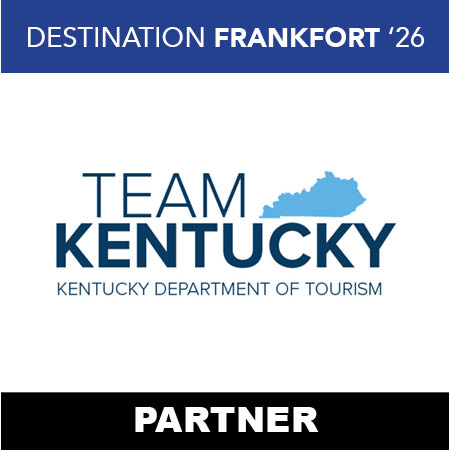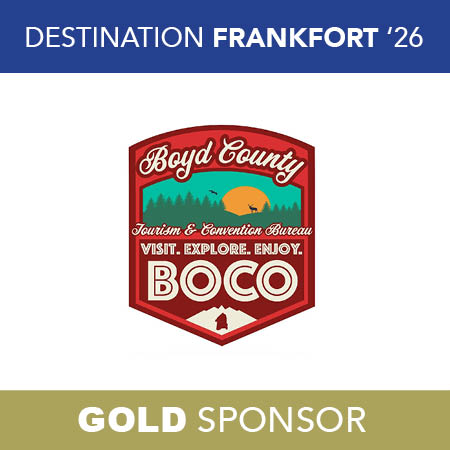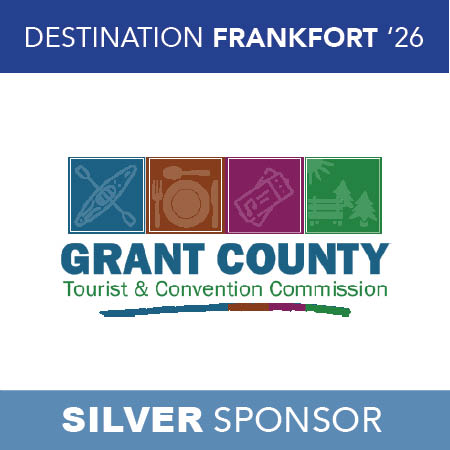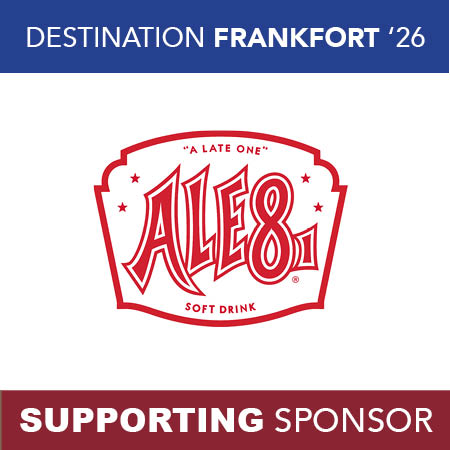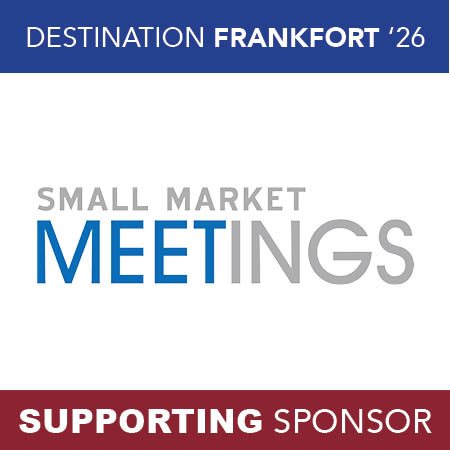Historical Horse Racing
Overview
Horse racing has a long and rich history in the Commonwealth and today remains one of Kentucky’s signature industries, driving significant tourism, economic growth and job creation throughout the commonwealth.
A Revitalized and Growing Industry
New efforts and initiatives to strengthen Kentucky's horse racing industry, including historical racing, are helping Kentucky to attract and retain more horsemen, owners and breeders.
- Higher purses generated from HRMs have allowed Kentucky to recruit and retain more horsemen who stay in the Commonwealth rather than traveling elsewhere to race. This means stronger fields, greater attendance and more wagering.
- Our successful breeding operations, our strong network of racetracks and the 145-year tradition of the Kentucky Derby have helped to put and keep Kentucky on the map, drawing visitors from a wide cross-section of other states and countries. We should be doing everything we can to build up Kentucky’s racing industry to keep these visitors coming back, while creating and attracting new racing enthusiasts.
- Historical racing is pari-mutuel wagering, not casino gaming, and should continue to be treated differently. Comparing Kentucky’s historical racing machines with out-of-state casinos is a matter of apples and oranges. Individuals at casinos bet against the House. Conversely, historical horse racing is based on players’ predictions of the order of finishers of previously run horse races, which players can manually handicap using information provided in the game. HHR wagers are pooled and shared among winning players.
- Historical racing is taxed at an effective rate of 31% once you factor in the pari-mutuel wagering and purse contribution requirements. This is a rate competitive with neighboring states’ traditional gaming and generates funds for the Commonwealth. (Indiana 36%, Ohio, 40%, West Virginia 53% as examples).
- The current tax structure is working for Kentucky and allows us to reinvest historical racing revenue back into our signature industry, impacting all of those touched by the industry from farriers to feed suppliers. However, there will be no revenue to discuss taxing if HHR is shut down so the discussion of an increased tax means nothing without passing a bill to define pari-mutuel wagering.
- According to the American Horse Council Foundation Economic Impact Report, about a third of Kentucky’s population engages in the horse industry either through ownership, direct participation, or spectatorship. The horse industry has an estimated $5.2 billion impact on Kentucky’s economy according to the report. Jobs related to the success of historical racing facilities go far beyond the racetrack to include farmers, veterinarians, feed suppliers, and farriers employing approximately 60,000 people.
Honoring Our Past While Innovating for the Future
Both live and historical racing are critical in keeping Kentucky's racing circuit competitive, relevant and engaging for current and future racing enthusiasts.
- Historical racing machines present a new and unprecedented opportunity for us to reach existing racing enthusiasts and create new ones.
- A significant portion of the revenue generated by historical racing goes to funding race purses, which are critical to keeping Kentucky’s racing circuit growing and competitive with other states. This means our industry—and the revenue we generate for the commonwealth—stays at home.
- Derby City Gaming opened its doors in the fall of 2018 and has already contributed to a 45% increase in purses at Churchill Downs’ 2019 Spring Meet.
- Oak Grove Racing & Gaming venue in western Kentucky has made purses even stronger.
A Strong Horse Racing Circuit Means a Strong Kentucky
Our industry will continue to partner with the Commonwealth and other stakeholders to drive—and enhance—economic growth, tourism, job creation and tax revenue benefiting all Kentuckians.
- Our efforts to enhance and strengthen Kentucky’s signature horse racing industry serve all Kentuckians, not just those directly involved, through greater economic growth, new jobs and increased tourism.
|

